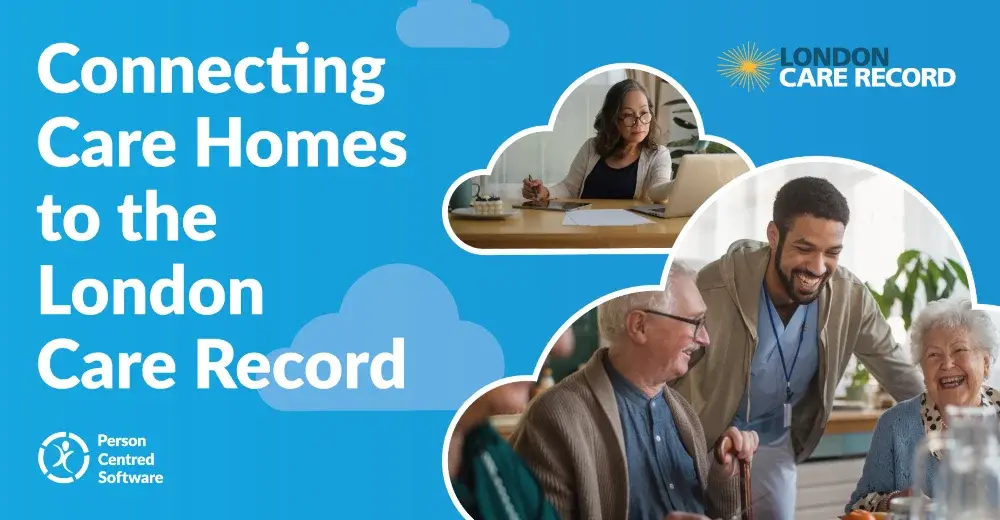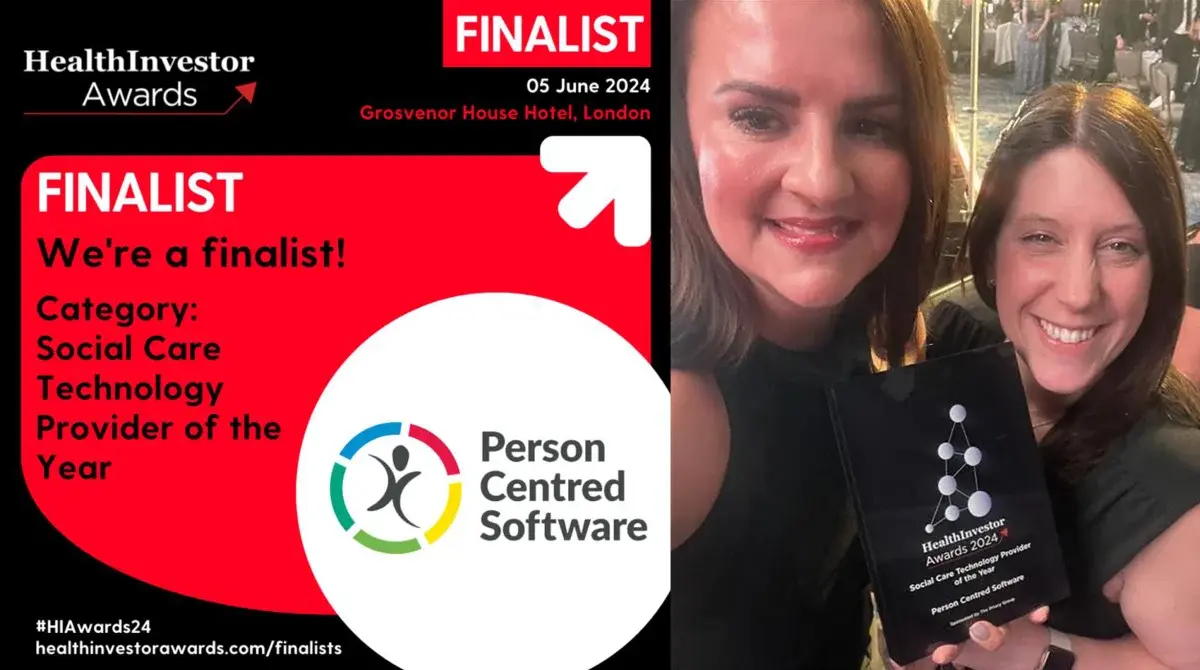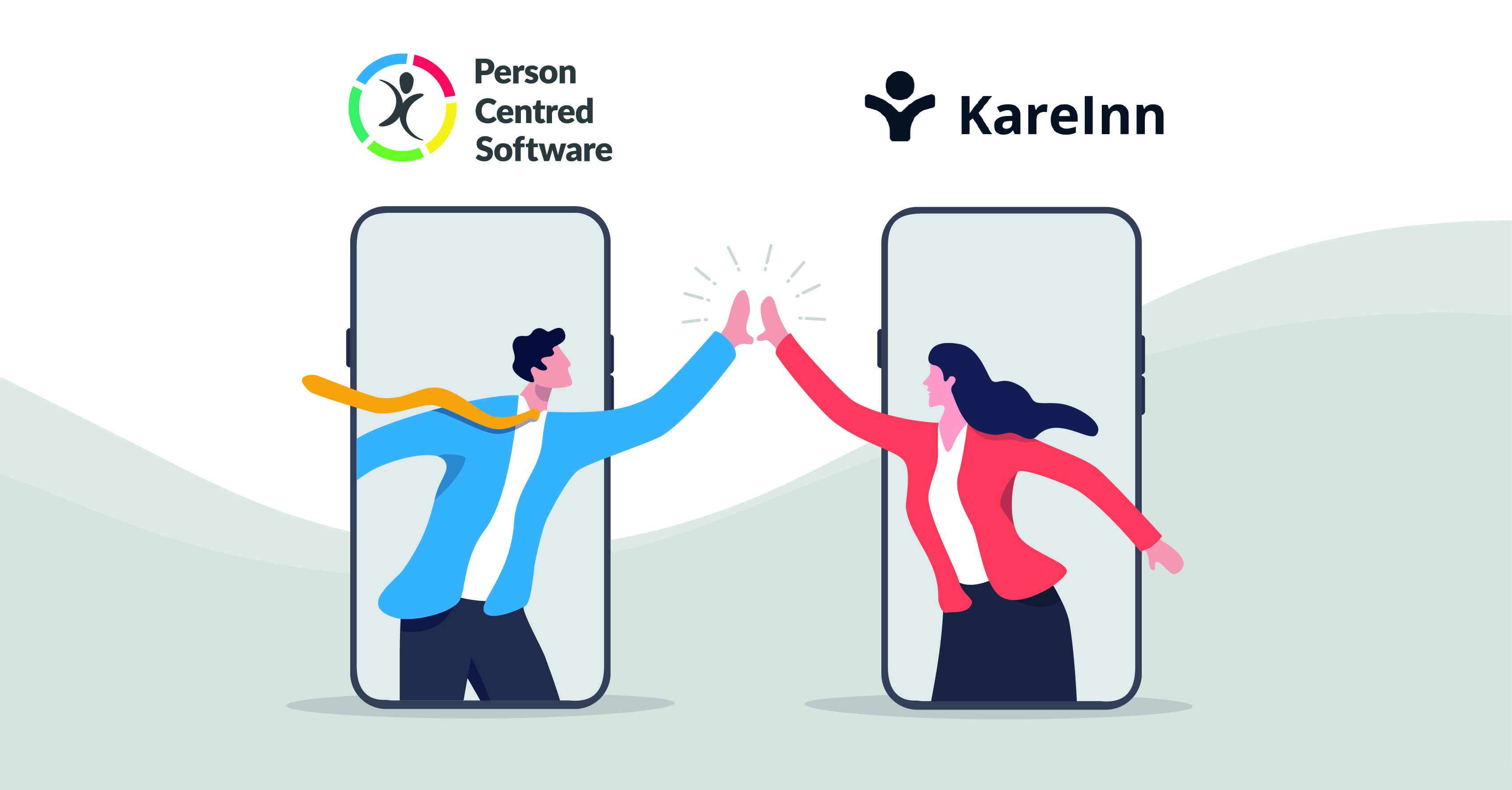
Published in Care Home Professional
Co-founder and director of Person Centred Software, Jonathan Papworth, explains the multiple benefits data provides in a care environment.
A policy paper from the DHSC in June was titled Data saves lives: reshaping health and social care with data.
The paper contains numerous examples of how data has saved lives, commenting: “Data identified those who are most vulnerable to coronavirus. It helped us to help them shield, which protected both themselves and their families.”
It goes on to give a commitment to improve access to information for adult social care providers. Data is the one tool that has historically been underutilised in social care. The power of data is not in the impact it has on one individual, but in seeing trends and using them to change care routines for people.
We all know about the need to ensure elderly people are adequately hydrated in hot weather, data might not be able to give more help in this case; but data provided the insight into excess mortality many weeks before policy makers realised the impact of discharging COVID positive people into care homes, and this is one of the drivers for the DHSC in releasing their paper.
From a social care provider’s perspective there are lots of other benefits that can be derived from data. Knowing the palliative stage for residents can give an insight into potential occupancy reduction, but data can go much further.
Links have been identified between care routines and several detrimental effects; and it is data, and the analysis of this data, that has provided these links.
Using data for statistical analysis and benchmarking will provide care providers with insights into their operation that are not immediately available, yet give tremendous benefits in designing care services that best meet the individual needs of each person in their care.
Social care has to deal with complex needs, and the interaction between these different needs can lead to challenging outcomes. By collating the impact of different care routines across all service users, and benchmarking the services offered against these, everyone will be in the best position to hone the care routine for each of the people in their care







.webp?width=80&height=80&name=HTD%20Awards%202023%20Badge%20(4).webp)













